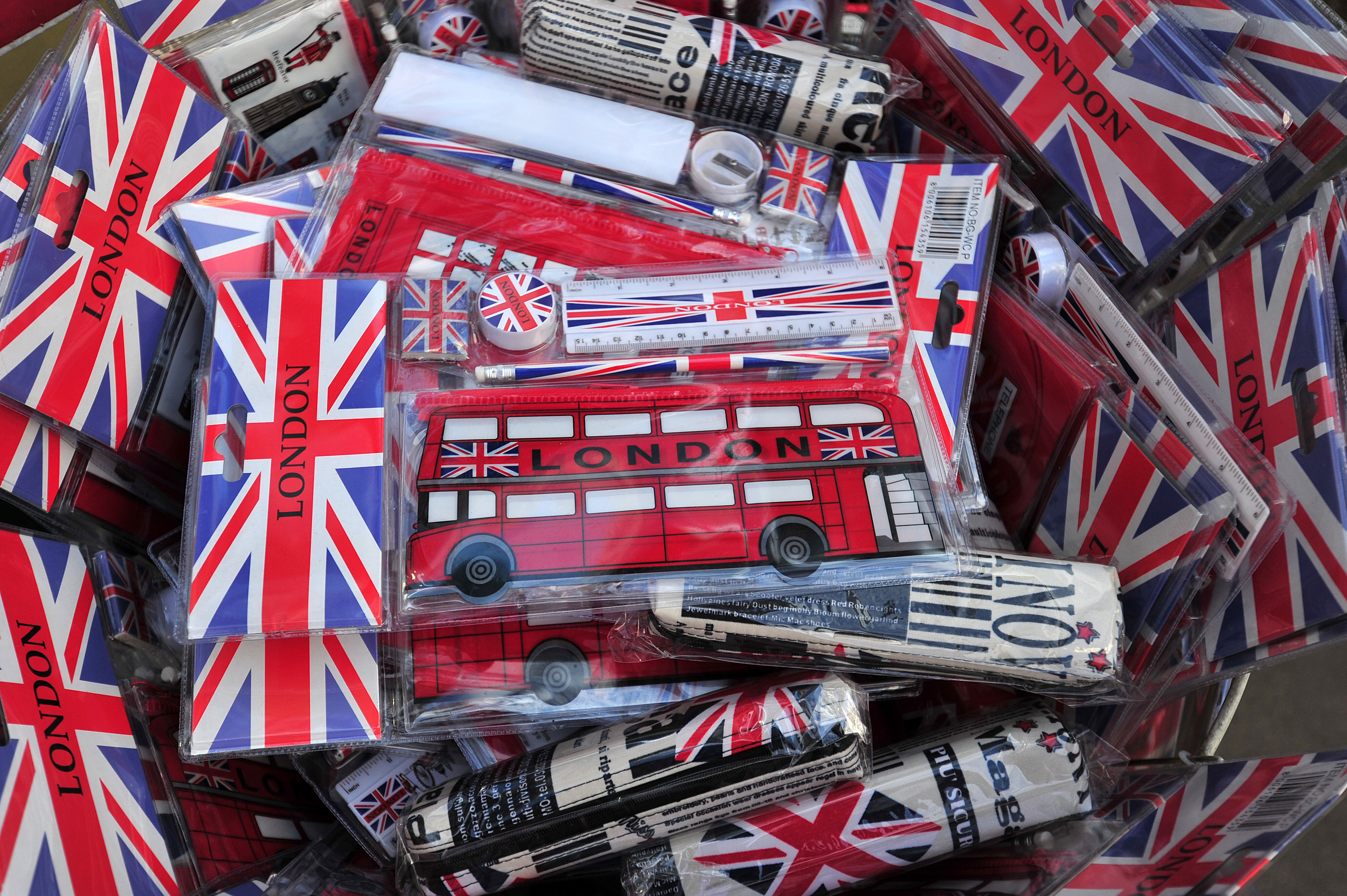How to pick souvenirs your friends will actually want
When in doubt: Buy edibles


A free daily email with the biggest news stories of the day – and the best features from TheWeek.com
You are now subscribed
Your newsletter sign-up was successful
For something so innocuous, souvenirs are a minefield.
First, there is the cheap airport and tourist shop kitsch: the knick-knacks and t-shirts featuring local monuments and global clichés. Then, there are the crafts and fashions that infiltrate your brain over the course of a trip, slowly convincing you that you need to bring them back; it's only when you're home that you discover there's no way you or anyone else you know will want them.
What's to be done? Put down the miniature plastic Eiffel Tower and step away from the neon tie-dyed sari. Here are a few rules to help make sure you don't regret spending your money — and maybe even bring back a few great gifts.
The Week
Escape your echo chamber. Get the facts behind the news, plus analysis from multiple perspectives.

Sign up for The Week's Free Newsletters
From our morning news briefing to a weekly Good News Newsletter, get the best of The Week delivered directly to your inbox.
From our morning news briefing to a weekly Good News Newsletter, get the best of The Week delivered directly to your inbox.
1. What to buy at the airport
There are only two types of airport souvenirs: the ones you can find in any airport and the ones branded with a local destination. Don't purchase either. The only things you should be buying at the airport are duty-free perfumes and liquor, because those can actually be a good deal. But they're not souvenirs; they're just called "shopping."
2. When to bring home kitsch
That said, some people do like magnets, key chains, mugs, and other kitschy nonsense. Identify these friends before you travel so you know to whom you can pawn off the rubbish you'll inadvertently buy. Because try as you might, you'll probably get suckered in at least once.
A free daily email with the biggest news stories of the day – and the best features from TheWeek.com
3. When in doubt: Buy edibles
The best way to avoid sub-par souvenirs is to purchase food or booze that's a specialty of the place you're visiting. Not only does this mean that you get to bring home something that's actually part of the culture (isn't that what a souvenir is supposed to be?), but, in the event that you don't actually like or want it, an edible product can be easily disposed of — either by force-feeding it to dinner guests or by pouring it down the drain. But, more often than not, bizarre liqueurs, specialty jams, and well-packed baked goods are actually quite tasty. And they also make for thoughtful gifts.
Just remember: If you're traveling internationally (and, sometimes even domestically), it's illegal to bring fresh fruits and vegetables into the United States. And be sure to pack everything tightly in plastic bags — there's nothing worse than finding a jar of sauerkraut spilled all over your suitcase.
4. How to buy fashion or décor you won't regret
This is a flexible rule, but if you're looking for fashion or décor in a foreign country and want to avoid regretting your decision, visit a boutique or two. The styles and items sold by well-known local designers are more likely to fit tastefully in to your normal life back home than what you'll find at tourist shops. And while it's true that many mid-level stores around the world have started to look the same, thanks to the likes of H&M and Ikea, independent designers and high-end artisans usually stick to their guns, knowing that they can attract clients with larger budgets, and often base their designs on traditional styles and crafts. You'll have to pay extra, but it's worth it.
Kate Thorman is a freelance writer and editor based in Brooklyn. Her work has appeared in such publications as AFAR, Bon Appétit, and Fodor's. Her other projects include screenwriting and Part Time Vegan.